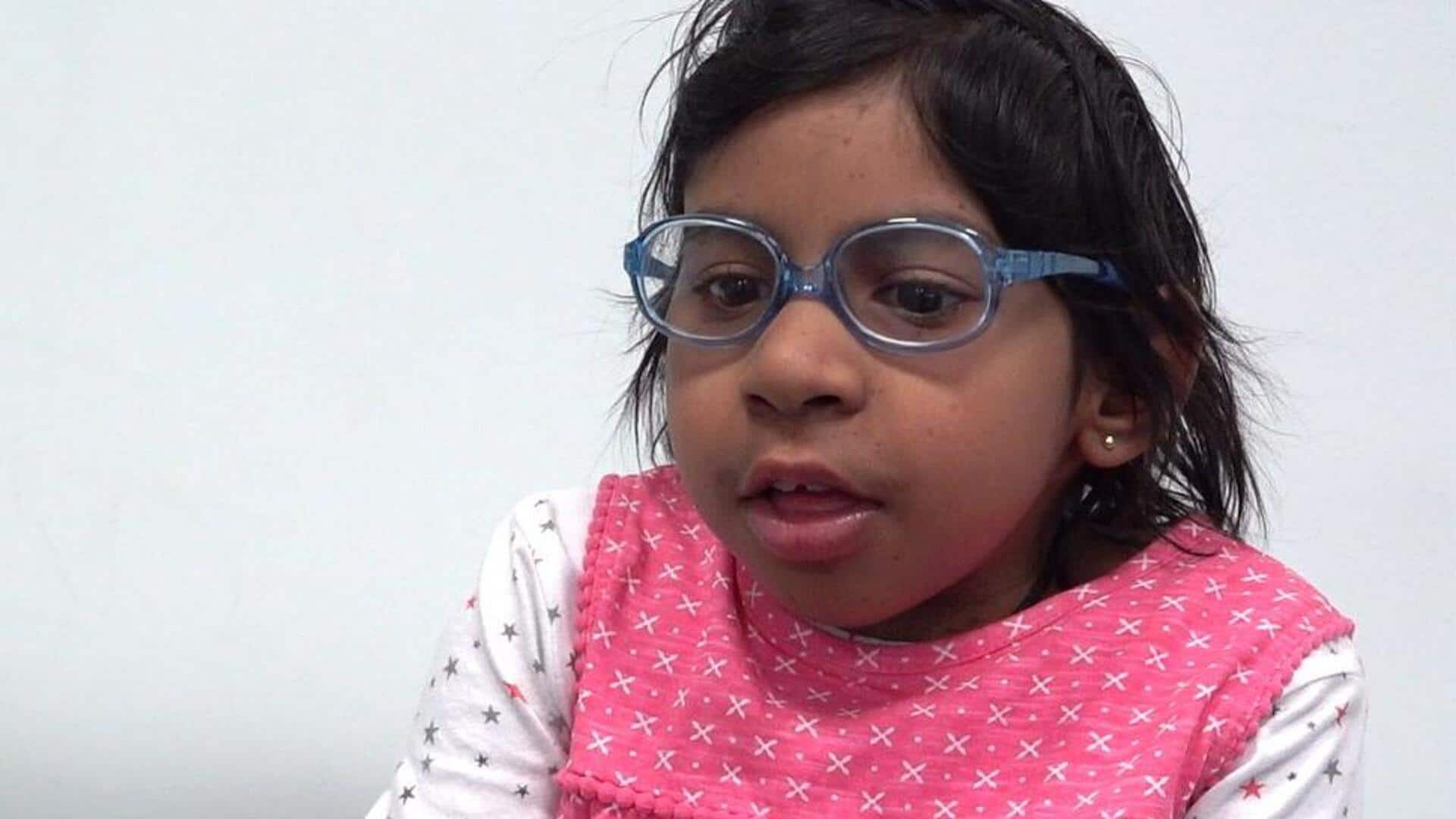
UK: Eight-year-old receives first kidney transplant without needing lifelong immunosuppressants
What's the story
Eight-year-old Aditi Shankar from north-west London has become the first patient in the UK, to get a kidney transplant without the need for lifelong immunosuppressant drugs. Doctors at Great Ormond Street Hospital in London "reprogrammed" Aditi's immune system using a stem cell transplant from her mother, which allowed her body to accept the donor kidney as its own. This groundbreaking treatment offers hope for patients with the rare genetic condition Schimke immuno-osseous dysplasia, which affects the immune system and kidneys.
Details
Immunosuppressants are crucial after transplants to prevent rejection
Considering that both Aditi's bone marrow transplant and kidney came from the same donor, her mother, Aditi's body could accept the new kidney without needing immunosuppressants. These immunosuppressive drugs, although crucial after transplant surgery to prevent rejection, dampen the body's immune system, making patients more susceptible to infections among other complications. Aditi stopped taking these drugs a month after her surgery, whereas people usually have to take them for life.
Condition
Aditi struggles with a rare genetic condition
Diagnosed with Schimke immuno-osseous dysplasia at five, Aditi was referred to GOSH for treatment. This rare genetic condition has only one case likely to be found among every three million children in the UK. For her treatment, Aditi had to travel from her home in Greenford to central London at least thrice a week. Last year, she paid significant hospital visits for dialysis, a procedure to remove waste products and excess fluid from blood when the kidneys don't function properly.
Insights
Aditi had to undergo a double transplant
Aditi's treatment involved a double transplant: a bone marrow transplant followed by a kidney transplant six months later, in March 2023. However, this procedure carries a higher risk of injury. Her treatment involved a four-week stay in the intensive care unit and 24-hour dialysis during her bone marrow transplant. Aditi's favorite subject is science and she has developed an interest in biology after learning more about the human body during her time at the hospital, reports The Guardian.